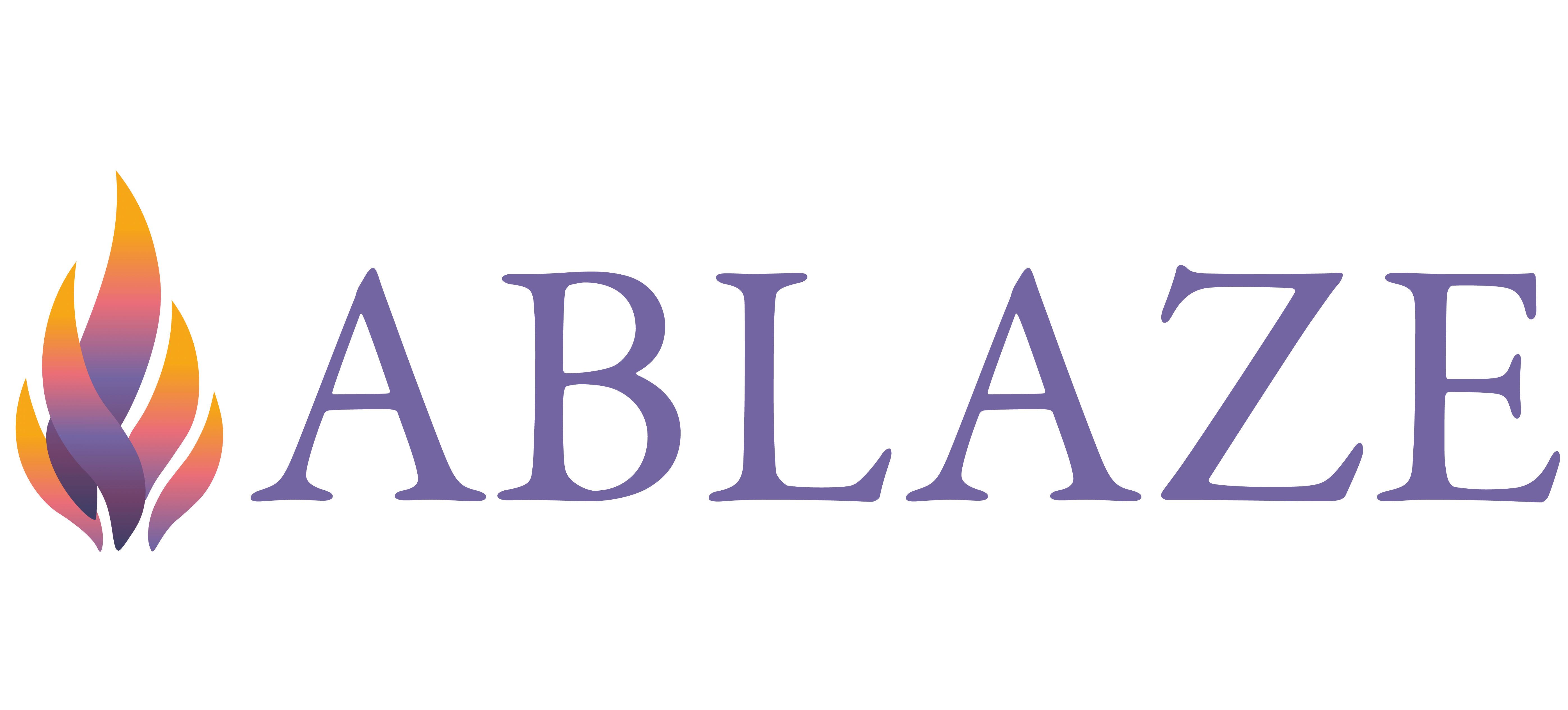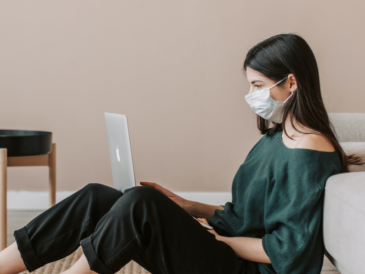Photos taken from Pexels
With nearly three women dying every day at the hands of their intimate partner, domestic violence has become an epidemic here in the United States (Emory University). Although women are the targets of most attacks, they simultaneously have had to shoulder the blame for ‘allowing’ such abuse to ensue, which reveals a misogynistic outlook that exists in our society.
Domestic abuse can be defined as a pattern of behavior that is used to control or intimidate one's partner. Contrary to popular belief, it extends far beyond physical violence. Psychological, sexual, financial, verbal and even religious abuse are also common. Rarely does an abuser use only one type of abuse.
Various organizations and laws exist to try and protect victims of domestic abuse. Title IX exists on public campuses across the country. The goal of Title IX is to prohibit discrimination based on sex. Most people tend to think of it concerning athletics but it can extend to pregnant and parenting students, student survivors and the LGBTQ community.
Know Your IX is a club on campus that works closely with students to ensure their best interests are represented in the policies and implementations that are being passed.
Zoey Brewer, president and founder of UTs Know Your IX commented on the complexity of domestic abuse.
“Many people fail to see that there are all these different types of control and types of domestic abuse. When you have even two of them at play, that makes it substantially harder to access the resources you need to leave,” Brewer said.
Women who are abused exist in a system that continuously fails them. Many survivors are fearful of rejection. According to the National Domestic Violence Hotline abuse is about the power and control a perpetrator has over their victim. If a survivor fails to receive the help they need the first time and are forced back into a home with an abuser then they are likely going to be at a greater risk of harm.
“When a survivor leaves their abusive relationship, they threaten the power and control their partner has established over the survivor’s agency, which may cause the partner to retaliate in harmful ways,” National Domestic Abuse Hotline relayed.
Law enforcement continues to be an area of concern regarding domestic abuse cases.
“40% of police officers themselves are domestic abusers which is the highest of any profession," Brewer said.
Without concrete evidence of abuse, women are less likely to be believed and supported. Women who enter the system experience a combination of victim blaming and re-traumatization.
Survivors of domestic abuse need a variety of resources which may include; emergency housing, medical help, mental help and financial help.
“None of that can be offered by the police, it is offered by crisis centers and communites,” Brewer said.
Furthermore, Dr. Jessica Frampton, an assistant professor in the School of Communication Studies states her concern regarding women of color.
“There's also a history of black women, for example, not receiving support in court systems, which is what one of my projects I'm working on is about,” Frampton said.
According to Coburn Place, more than 40% of black women have experienced intimate partner violence.
Why then, do we continuously pose the question: why do women stay?
“There are so many reasons why someone would stay in their relationship,” Frampton said. “They might be brainwashed into thinking that they're worthless and can't leave, they could be worried about kids or they’ve been isolated so much that they don't have friends to turn to.”
National and local resources are available for those seeking help. The UT counseling center has a focus group dedicated to student survivors. Students are given a space to talk and provide support to others with similar experiences to themselves.
Locally, Knoxville has a family Justice center; a local resource where a victim can receive legal, financial and even social help. Nationally, there is the domestic violence hotline, a twenty-four-hour phone line that can help you receive the help you need. The number is 800-799-7233.
The narrative must be redirected away from blaming the victims of abuse and towards the perpetrators of abuse to create a safer world for women.





